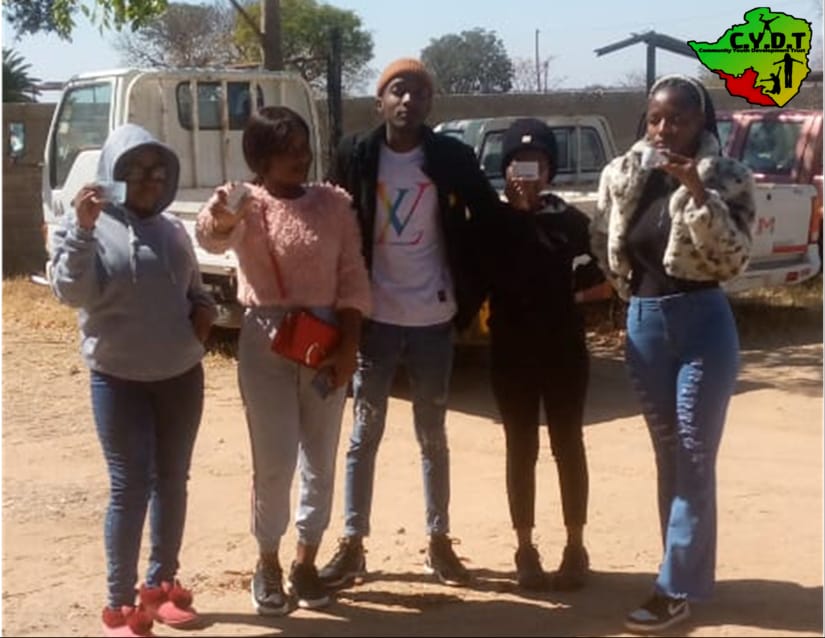Zimbabwe has a youthful population with approximately three quarters of its population being 15-35 years of age. Yet, when it comes to political participation, spaces are still dominated by the old generation.
Over the years, the Community Youth Development Trust (CYDT) has been carrying out intervention activities that sought to improve youth`s active participation in national and local governance and development processes in Matabeleland South province. Some of the organisation`s actions include the petition sent to the parliament demanding 30% youth representation which was key to the development of the Youth Bill.
This year alone, CYDT has been conducting voter registration awareness programs in areas like Gwanda, Matobo and Plumtree. These programs significantly helped hundreds of young people to register to vote in preparation for the 2023 elections.
When carrying out these campaigns, CYDT recorded several challenges to youth participation in sociopolitical domains. CYDT found that many young people are afraid of taking part in electoral processes due to the past violent activities that have happened in the past. The violence that resulted in the killing of several people in the 2018 post-elections was used as a key reference by young people who were less willing to take part in electoral processes. This highlighted the need for more activities by stakeholders that will help guarantee there will be know violence in the upcoming general elections.
Young people demand democratic and secure spaces where they can safely practice their Constitutional right to vote without being intimidated and threatened.
Another key challenge highlighted was the issue of limited ZEC offices at local level. For young people to go and register to vote, they are required to travel long miles which many of them cannot manage due to financial constraints.
A Biometric Voter registration blitz conducted early this year failed to reach the target as many young people had no national identity cards to do so. A national identity and birth certificate blitz was introduced a little too late for young people living in remote areas of Matabeleland South. This means that another Voter registration blitz is required to register young people who failed to register during the first and second phases of the voter registration blitz.
Meanwhile, young people do not want to vote only but they also want to participate as candidates in the upcoming elections. Some of them have pointed out their desire to run as councilors or members of parliament. The major problem in their way is that all of them are financially incapable. They need financial backing from business people and the community to be able to carryout an effective campaign.
In addition, their aspirations to become active political leaders are also facing a major stumbling block when looking at the nomination fees introduced by the Zimbabwe Electoral Commission recently. Young people have limited resources to pay these steep fees. Many young people are already poverty stricken therefore, these prices are blocking those aspiring for those leadership positions.
Young people’s effective participation and engagement in local and national governance processes most importantly in the electoral process is one of the means through which democracy in Zimbabwe can be entrenched, hence there is need for all stakeholders to urgently meet to discuss the challenges mentioned in this write up to map a way forward.
Ends


Recent Comments